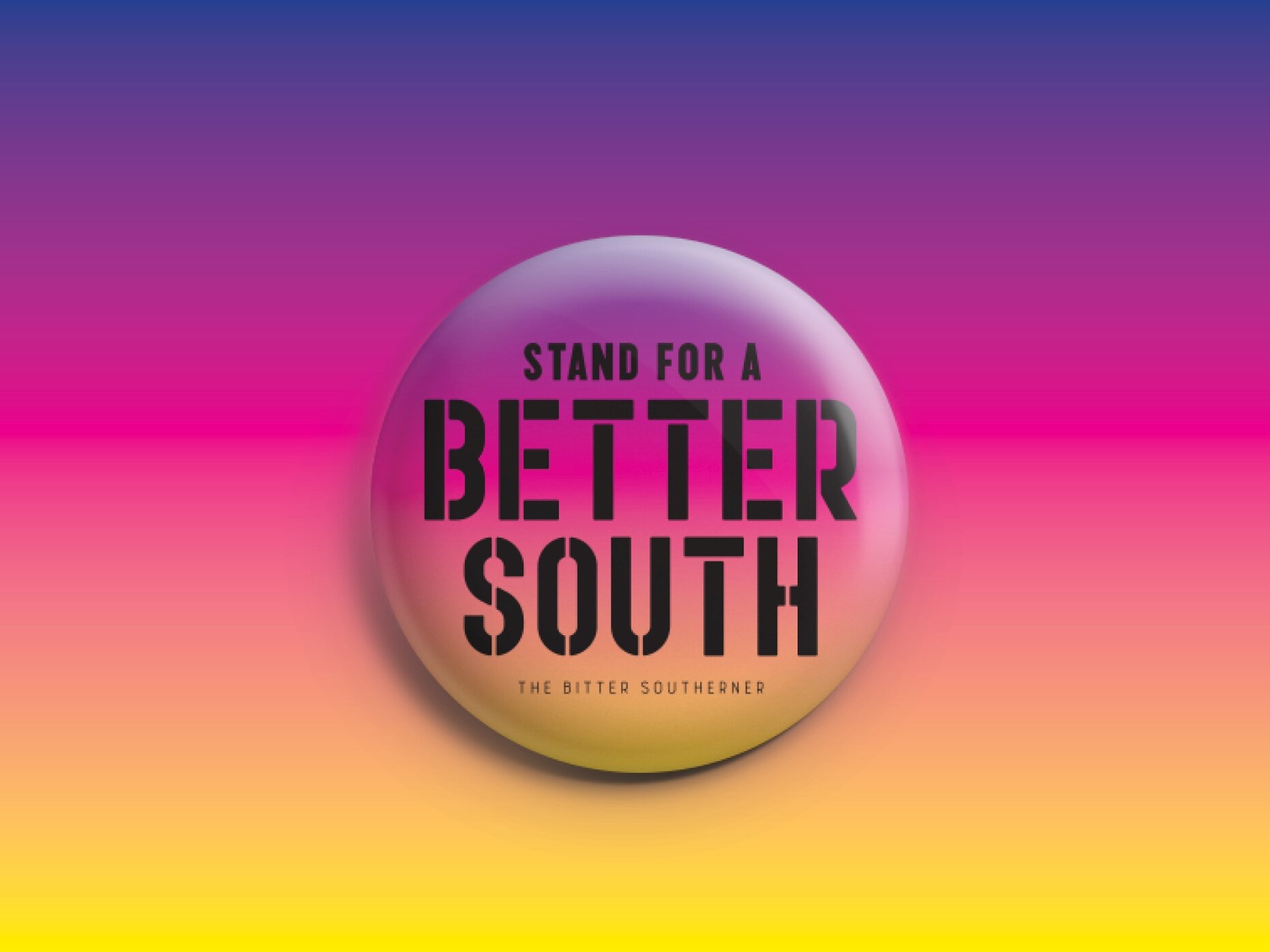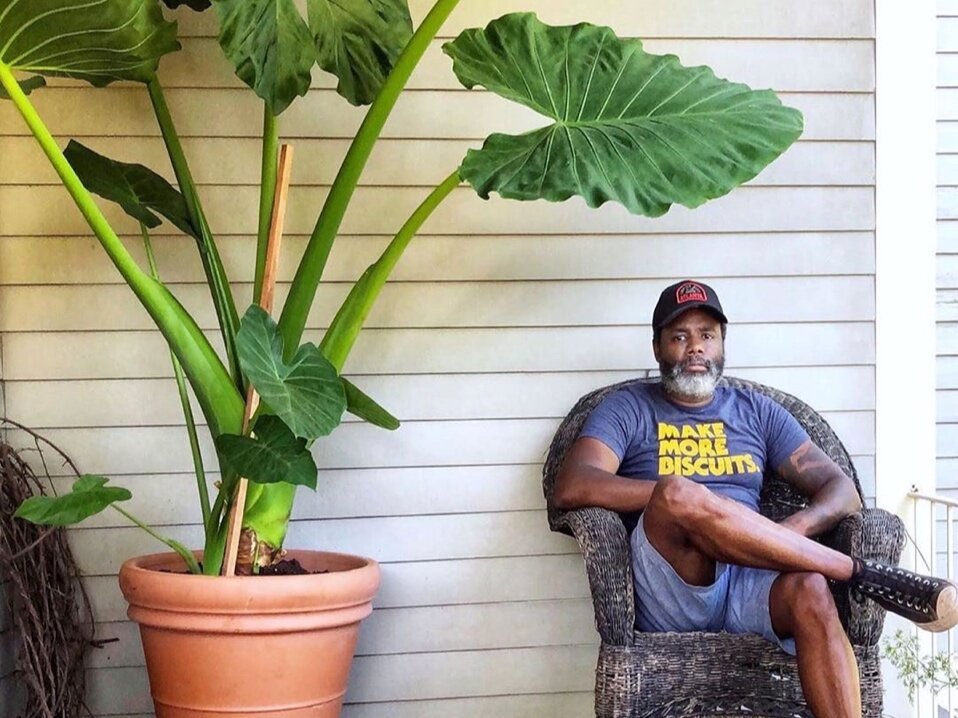The Bitter Southerner is pleased to partner with the acclaimed PBS history series American Experience to present the premiere of a new short film called “Mississippi Justice.” The film tells the story of the murder plot that led to the brutal execution of three civil rights workers — James Chaney, Michael Schwerner, and Andrew Goodman — in Neshoba County, Mississippi, on June 21, 1964.
Produced by Kirstin Butler, Ben Greenberg, & Eric P. Gulliver
Narrated by Michel Martin
Featuring interviews with Jerry Mitchell, founder of the Mississippi Center for Investigative Reporting; Randall Kennedy, Harvard Law professor; & civil rights veteran Dave Dennis.
“Do you trust the police? Do you trust courts? Do you trust your state government? Do you trust your federal government? If you have watched people commit murder and get away with it, imagine what the answers are.” Harvard Law professor Randall Kennedy asks these questions in the new short film, “Mississippi Justice.”
James Chaney, 21, Michael Schwerner, 24, and Andrew Goodman, 20, were part of the Mississippi Summer Project, a project that brought hundreds of volunteers from colleges across the country to help local Black citizens register to vote. James Chaney was from Meridian, Mississippi, and had been engaged in activism since high school. Michael Schwerner and Andrew Goodman were both from New York City and were working with Chaney under the leadership of the Congress of Racial Equality (CORE) to investigate the burning of a church near Philadelphia, Mississippi. Jerry Mitchell, whose latest book, Race Against Time: A Reporter Reopens the Unsolved Murder Cases of the Civil Rights Era, has spent decades of his journalistic career investigating murders of the civil rights movement. In “Mississippi Justice,” Mitchell explains how a state intelligence agency, known as the Mississippi State Sovereignty Commission, enabled local police and the Ku Klux Klan to plan the abduction and execution of the young activists.
One of the producers, Ben Greenberg, told us how his career as a journalist was sparked by his father’s involvement in the civil rights movement. The recent civil rights uprisings this summer compelled his team to dig deeper into the 1964 story of Chaney, Schwerner, and Goodman as a way to see “what that story might say to us in our current moment.”
Rather than begin the film with the summer murders, Greenberg says the filmmakers chose to begin “… earlier in the year, when Mississippi segregationists were arming themselves against the coming ‘invasion’ of civil rights workers. We wanted to show how the forces assembled against the three civil rights workers were not just vicious, armed Klansmen, but state legislators, who were passing repressive laws; a state-funded, anti-civil rights spy agency; and police. We wanted to look at how all of those actors enabled a Klan mob to commit murder and get away with it.”
Some may ask, why dredge up this painful story? Why now?
As Jerry Mitchell has done through the Mississippi Center for Investigative Reporting, we hope that by sharing this film we can continue to “move the needle” not only in the state of Mississippi but for the South, this nation, and even the world. When government is revealed at its worst, it is with the hope that we all learn and work to do better and build accountability at local, state, and federal levels. These murders happened because of a deep fear of people claiming and exercising the right to vote. We hope this will spur each of us on to harness and engage that power.
When asked about his hope in airing this film, Greenberg pointed to a part toward the end, when activist Dave Dennis looks back at Freedom Summer and asks, “Where do you turn? Who is it that you can go to and to say, ‘you know, I am part of “we, the people,” I am part of this Constitution? I am part of this country?’”
“We, as a nation, failed to answer those questions in 1964,” Greenberg replied. “And we still struggle to answer them today.”






